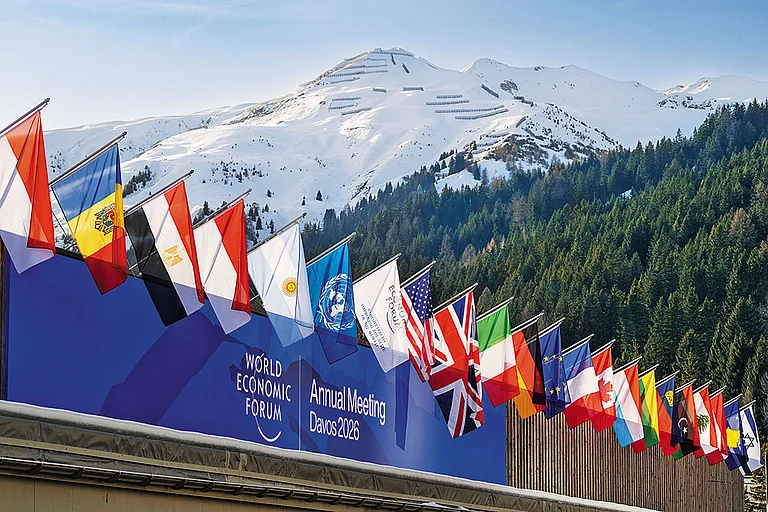Former NITI Aayog CEO Amitabh Kant warned that the global trade landscape is experiencing a deep and irreversible transformation, extending beyond high‑profile tariff disputes, the Economic Times reported.
Speaking at the AIMA’s 10th National Leadership Conclave in New Delhi on Tuesday, Kant stated, “This is not just about tariffs. There is a reconfiguration and resetting of the world economy underway, a seismic shift with profound consequences.” His remarks come at a time when rising geopolitical tensions, a fractured multilateral trading system and technological disruption are converging to reshape global economic dynamics.
Supply Chain Disruptions
Kant also stated that global supply chains are fragmenting and free trade is no longer the norm, signalling a transformed economic order. “Free trade lifted millions out of poverty in China and India over the past four decades, but the very countries that once preached open markets are now turning protectionist,” he added.
Kant revealed that the United States has declared the end of the multilateral world trading organisation, favouring bilateral agreements and a flat tariff regime. He noted that the US trade imbalance is projected to reach $1.2 trillion in 2024, with China contributing 24%, the European Union 20% and Mexico 15% to the total deficit.
US President Trump’s tariff policy has sent shockwaves through the global economy, leading to an estimated $6 trillion loss in US domestic value. Despite facing high tariffs, China exported $440 billion in goods to the United States while importing only $144 billion in return.
Power Tussle
According to Kant, the era of global stability that followed World War II has concluded. “The war in Ukraine marks the re‑emergence of major power conflict in Europe, where both the First and Second World Wars were fought,” he stated. Despite President Biden’s initial optimism, the US has been unable to broker peace.
Simultaneously, ongoing tensions in the Middle East and the potential for conflict in Asia, particularly involving China, have heightened concerns about prolonged global instability.


































